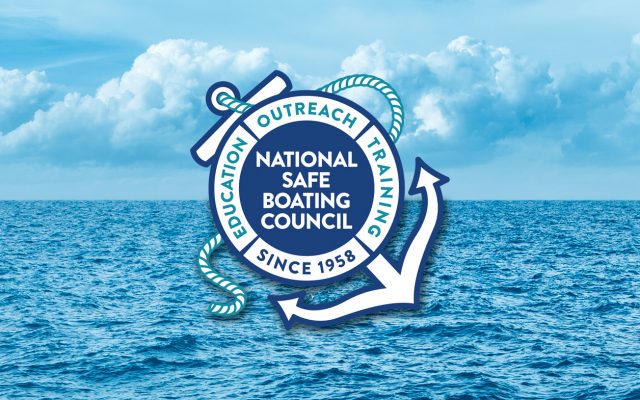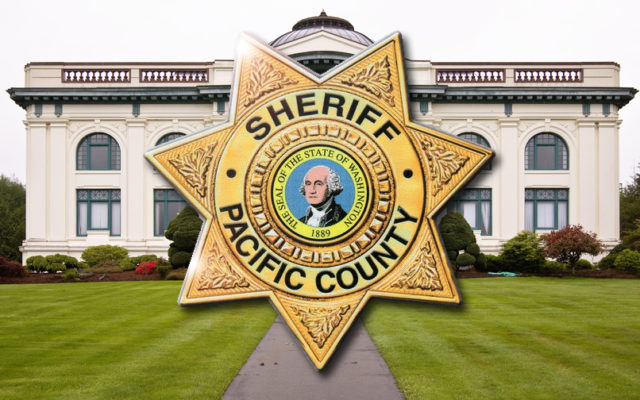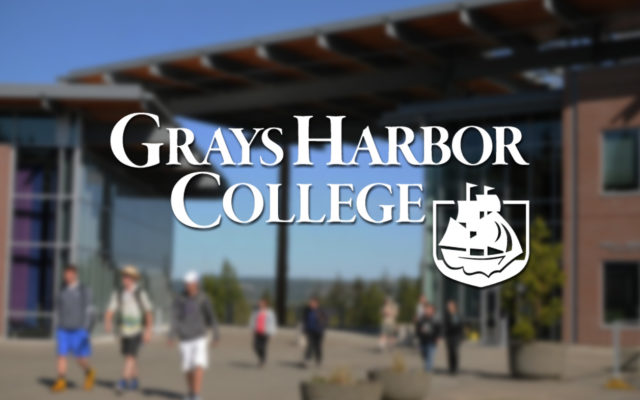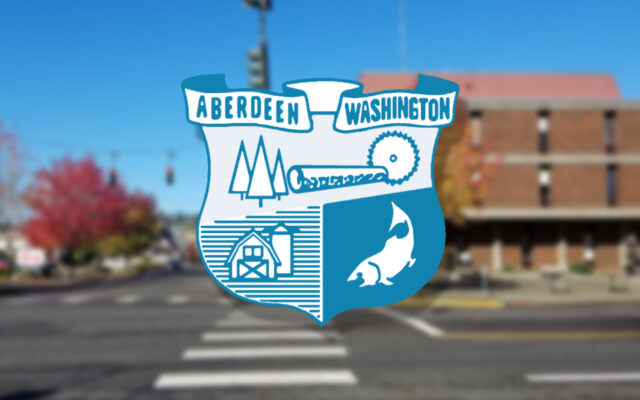National Safe Boating Week – May 22–28

National Safe Boating Week is May 22 – 28, and officials encourage everyone to remain safe while on the water.
National Safe Boating Week is coordinated each year by the National Safe Boating Council and its boating safety partners across the U.S. and Canada.
During the 2021 campaign, May 22 through 28, the Washington State Parks Boating Program is encouraging boaters to keep safety front and center all season long.
The council states that participation in outdoor recreation continues to rise — including boating and paddlesports.
They cite the Northwest Marine Trade Association, who indicates new boat sales in Washington were up 12.4% in 2020, and vessel registrations were the highest number seen in 12 years.
“A lot of new people are out boating and paddling,” said Rob Sendak, State Parks Boating Program manager. “While boating is typically a safe activity, accidents do occur unexpectedly. We encourage everyone to get educated before heading out and always wear a life jacket while on the water.”
According to Washington’s recreational boating accident data, last year:
- 22 people lost their life in a fatal accident, not including six people who are missing.
- 55% of the fatal accidents occurred on non-motorized vessels and 45% on motorized.
- Only 2 of the fatalities had a boater education card.
- 70% of victims were not wearing a life jacket.
- 3 accidents involved alcohol or drugs, one of which resulted in the death of a child age 16.
- The oldest victim was age 74, and the youngest was 10.
The Boating Program recommends the following safety tips:
Get educated
Many recreational boaters in Washington are required by law to carry a Washington State Boater Education Card. All boaters and paddlers are responsible for knowing the laws and keeping themselves and others safe. The Boating Program recommends boating safety courses even for those boaters who aren’t required to carry the card. The class offers training in safety, emergency procedures and navigational rules. Learn more: www.boatered.org.
Conduct a (virtual) vessel safety check
Local marine law enforcement, the U.S. Coast Guard Auxiliary and United States Power Squadrons have certified vessel examiners who perform free vessel safety checks. Some will even meet you at the dock. During this time of social distancing, a virtual vessel safety check is also available online.
Always wear a life jacket
State law requires all vessels, including canoes, kayaks and stand-up paddleboards to have at least one properly fitted Coast Guard-approved life jacket for each person onboard. All children, age 12 and younger, must always wear one. The Boating Program encourages all boaters to wear their life jackets every time they go out on the water. Life jackets have evolved to be much more sophisticated, comfortable and tailored for specific water activities. More about life jackets: www.wearitwashington.org.
Carry communication devices
Boaters should carry two forms of communication that will work when wet, such as a whistle, waterproof cell phone or VHF marine radio. These devices increase the chance of being found in an emergency. Recommended equipment includes flares, signal mirror and air horn to aid emergency responders in search efforts. Boaters should also consider carrying a personal locator beacon (PLB), which instantly notifies responders of their location when activated. More on communications devices.
Avoid alcohol and drugs
Boat owners and operators are responsible for the safety and well-being of everyone on board. Operating a boat while under the influence of alcohol or drugs, including marijuana, is not only unsafe — it’s illegal. The Boating Program recommends designating a sober skipper. Washington state’s Boating Under the Influence (BUI) law applies to all boats including kayaks, canoes, rowboats and inflatable fishing rafts. More about boating sober: www.boatsober.org.
Check and understand the weather
Boaters should check the weather frequently before and during their excursion. Check warnings, weather conditions, wind and wave forecasts, tides and current conditions. Boaters need to understand how each of these elements can affect their ability to control their vessel. Boaters should avoid navigating in areas with weather warnings such as high winds or thunderstorms. National Weather Service (NOAA Weather Radio) broadcasts can be found on marine band and standalone weather radios.
Protect against cold-water shock
A fall into water under 70 degrees is dangerous, and many of Washington’s waters remain below 60 degrees year-round — including lakes and rivers — even during hot weather. The biggest risk is not hypothermia, it’s cold-water shock, which occurs in the first few minutes of falling overboard. Boaters need to take caution and prepare themselves by always wearing a life jacket, especially when operating boats under 21 feet. That includes small fishing boats or non-motorized craft such as kayaks or rowboats, which all have a higher risk of capsizing.
Follow social media
People can learn about and participate in the National Safe Boating Week campaign through social media by using some of the following hashtags: #SafeBoating #BoatPrepared #WearItWA #SafePaddling
The Washington State Parks and Recreation Commission administers the state’s Boating Program, which provides leadership in boating safety and environmental education and outreach. The goal of the program is to reduce accidents and fatalities, increase stewardship of Washington waterways, and keep recreational boating a safe, accessible and enjoyable pastime. For more information on the Boating Program, visit www.parks.wa.gov/boating.
You Might Also Like



